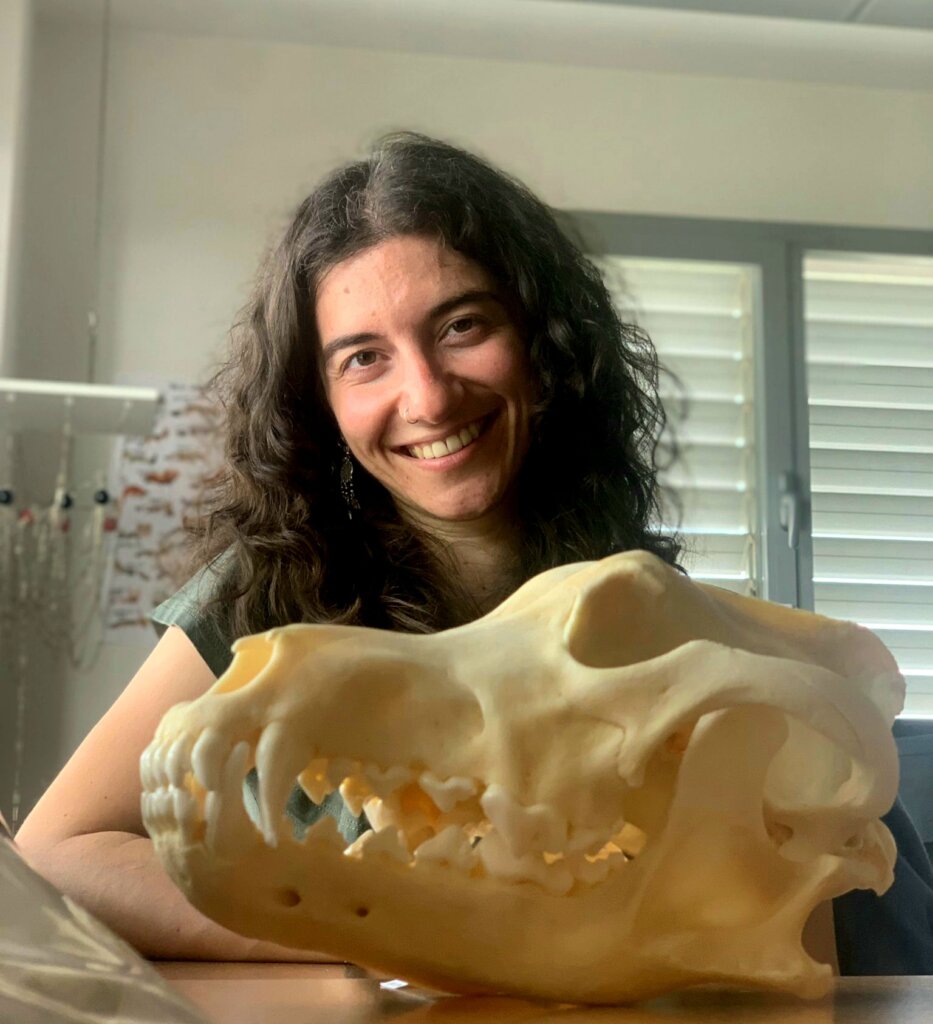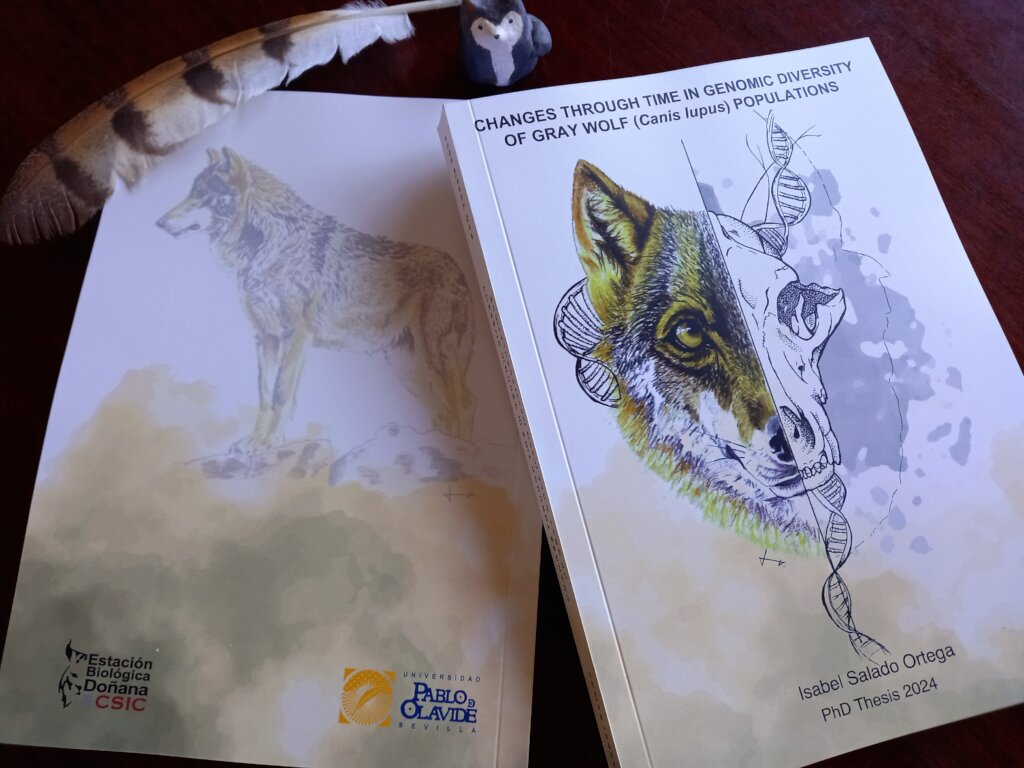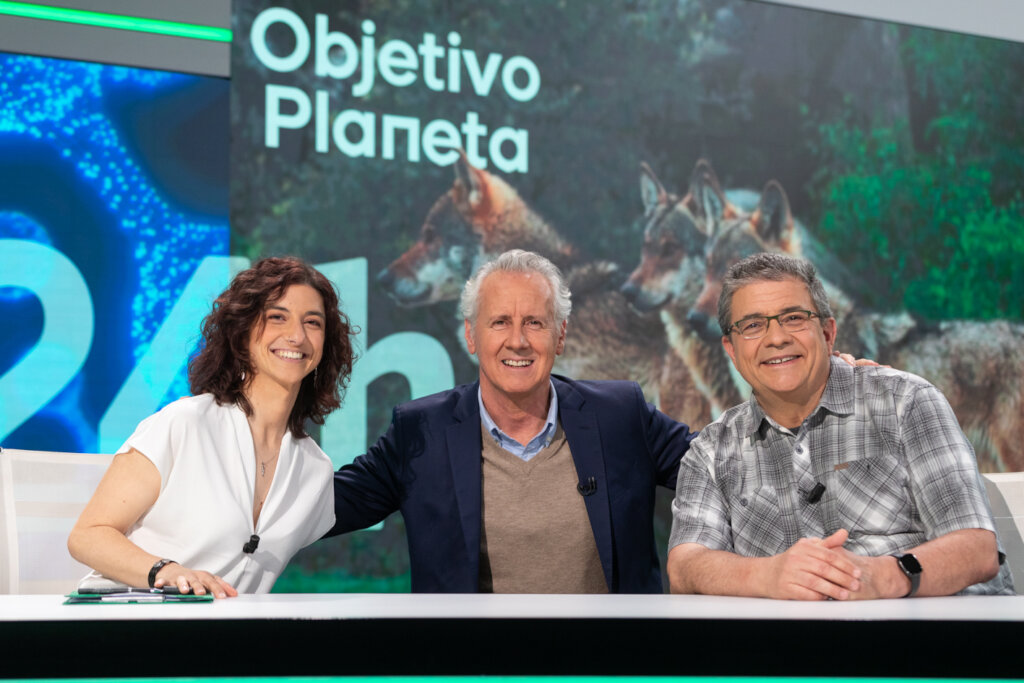By Isabel Salado | Recipient of a one-year contract to finish her PhD
Dear supporters,
We hope you are all doing well, and you are enjoying the start of the spring this year.
In this report, we would like to express our gratitude for your generous economic contributions.
We also take this opportunity to give you a brief update of how your donations have supported the advancement of the scientific knowledge. In this case, your money has covered part of the salary (24.000 €) for a one-year full time contract to support the advancement of a young researcher, Isabel Salado, and help her finish successfully her PhD thesis in environmental science.
Human, animal, and environmental health are closely related and are interdependent. The concept of “One Health” consists in a holistic approach that comprehends medicine, veterinary and environmental sciences to work together to defend one unique health. More than half of the transmissible human diseases are zoonotic - they are transmitted from animals to humans - and around the 70% of pathogens are from animal origin. The balance of ecosystems plays a key role in the development and transmission of these diseases.
An ecosystem works like an engine or motor. To work correctly it requires multiple pieces that interact with each other and have different functions. Large predators, like wolves, bears or lynxes, are keystones species that help maintaining well-balanced ecosystems and provide several ecosystem services. For example, gray wolves reduce the prevalence of diseases in wild prey populations, decreasing the possibilities of transmission from wildlife to domestic animals, and thus to humans.
Gray wolves were strongly persecuted in the Iberian Peninsula during the last two centuries, like in other regions in Europe, reducing their numbers and distribution. Although wolves have recolonized some areas and partially recovered in Iberia, our research group (https://www.consevol.org/) at the Estación Biológica de Doñana (EBD-CSIC) in collaboration with the University of Potsdam (Germany) have found that past population bottlenecks have reduced the genetic diversity in Iberian wolves. Genetic diversity plays a crucial role in the resilience of wild populations, as it provides a series of “tools” to face potential environmental changes, such as diseases outbreaks or climate change. Conserving relatively high levels of genetic diversity is crucial to ensure the viability of large predator populations in the future, and thus their role maintaining healthy ecosystems.
We recommend these articles and TV interview for more information:
https://www.rtve.es/play/videos/objetivo-planeta/lobo-iberico-pierde-diversidad-genetica/16004609/
Please help us spread the word further, among family, friends and colleagues.
By donating your money to Apadrina la Ciencia, you are contributing to projects that advance the knowledge about our environment and also supporting the development of early career researchers in Spain.
Thank you all again for your support!
Project reports on GlobalGiving are posted directly to globalgiving.org by Project Leaders as they are completed, generally every 3-4 months. To protect the integrity of these documents, GlobalGiving does not alter them; therefore you may find some language or formatting issues.
If you donate to this project or have donated to this project, you can recieve an email when this project posts a report. You can also subscribe for reports without donating.
Support this important cause by creating a personalized fundraising page.
Start a Fundraiser

